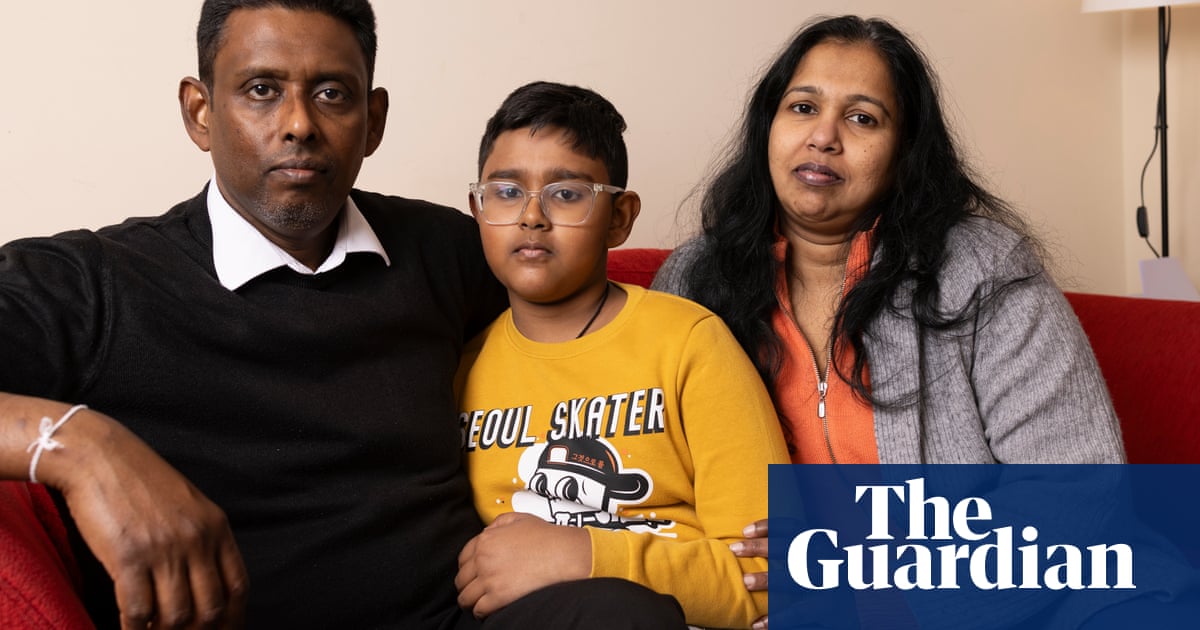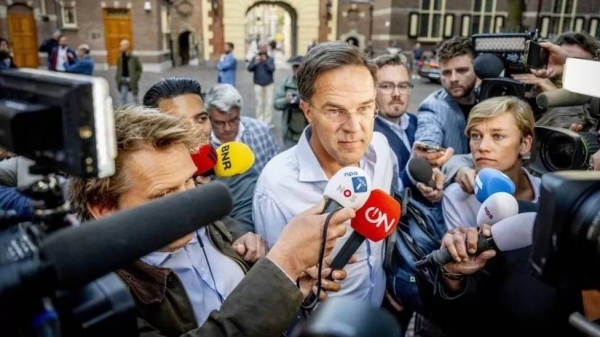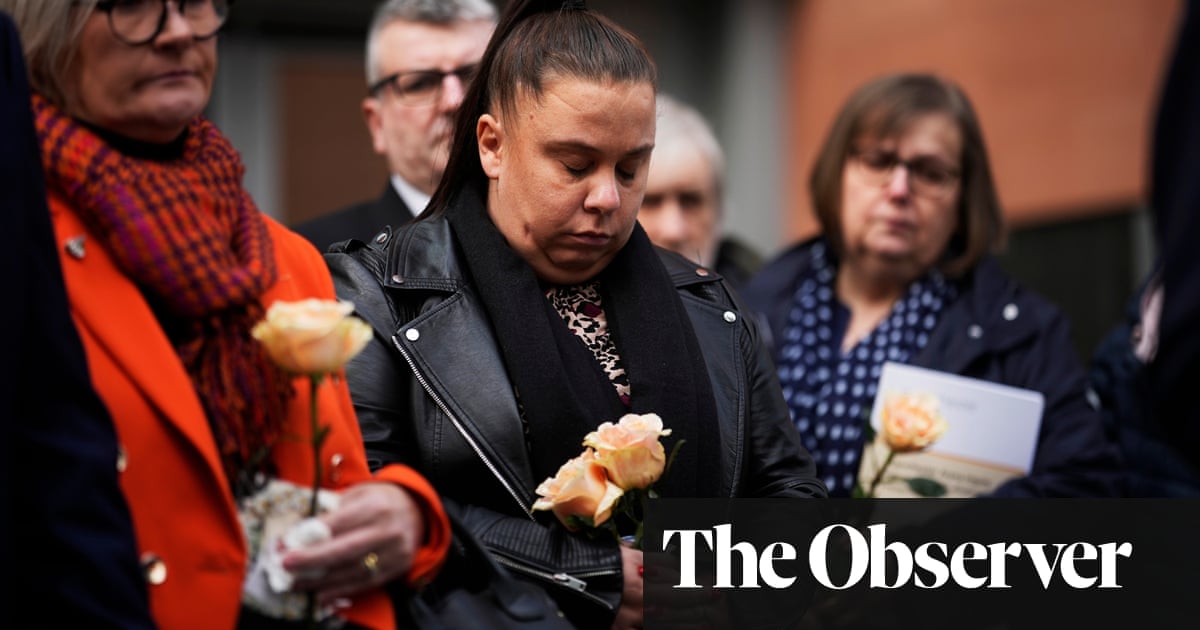
Ministers have clashed with the Travelodge hotel group after it emerged it gave homeless families and key worker guests just two hours to leave after shutting about 360 of its UK hotels at short notice to comply with coronavirus measures.
The chain, which is used by many councils to house homeless people, slipped letters under guests’ doors on Tuesday asking them to leave as soon as possible to allow it to temporarily close the hotels ‘‘until further notice” following the UK government’s extended coronavirus physical distancing guidelines issued on Monday night.
This triggered widespread chaos, with reports on social media of guests suddenly left with nowhere to live, receiving no advice on where they could move to, and local authority housing officers scrambling to find alternative accommodation for the homeless families who had been put up in the hotels.
Although the government’s guidance said hotels, hostels and B&Bs should close as part of measures introduced to tackle the spread of coronavirus, it exempted those accommodating homeless people or key workers such as NHS and care workers, which it said should remain open.
The homelessness minister, Luke Hall, wrote to hotel chains on Wednesday morning warning them as “a matter of urgency” not to close if it was hosting exempted residents.
His letter said: “If you have closed services for homeless people today as a result of the measures announced this week, I would be very grateful if you could reverse these decisions as soon as possible.’’
However, Travelodge appeared to be pressing ahead with closures, saying it would keep open hotels for key workers and homeless residents only in selected locations, and would try to ensure anyone in exempt categories forced to leave would be offered a room at another of its hotels.
A spokesperson said: “Travelodge has been obliged to commence the temporary closure of its hotels in line with the instructions from the government on 24 March 2020. We do expect to remain open in selected critical locations across the country to support accommodation for emergency workers and other groups.
“We are reviewing daily which hotels are best positioned to support the needs that arise with the government while ensuring we comply with the new restrictions in place to protect the public.”
There were reports of hotel chain closures turning homeless guests – as well as health staff and construction workers – out on to the streets across the UK, including in Manchester, Bromley, Guildford, Devizes, Birmingham, Isle of Wight and Crawley.
Manchester city council said 100 single homeless people who had been put up by the council in two city centre Britannia hotels had been “basically thrown out” overnight. The council leader, Sir Richard Leese, said it was desperately searching for new accommodation to house them.
A Ministry of Housing, Communities and Local Government spokesperson said the government had been “absolutely clear” that all hotels, hostels and B&Bs providing rooms for homeless people must remain open. “If a facility has a reason to close we would expect them to assist in finding alternative accommodation immediately, working closely with local councils.”
James Yalden, 55, said he was given hours to leave the Guildford Travelodge and offered no advice on where else to go. “I told them, ‘You are going to put me on the street with my bags and the only option is to sleep in my car’, and they simply said they had been told to clear the hotel by the end of the day.
“The receptionist told me she had just been on the phone to Guildford borough council telling them they were shifting out the homeless guests put up there by the council.”
Yalden, who was staying at Travelodge temporarily because his flat had been undergoing building works and was uninhabitable, said a nearby Holiday Inn was able to supply him with a room because his partner who worked for Tesco is deemed a key worker. “I never thought I’d find myself in a position where I was pleading to stay in a Travelodge. I’ll never stay in Travelodge again.”
Chains such as Travelodge have made millions of pounds in recent years from local authorities by providing emergency accommodation for homeless families waiting to be placed in more suitable temporary dwellings.
The overnight shutdown at Travelodge branches, as well as other major chains such as Premier Inn and Jurys Inn, came as councils in several major UK cities booked hundreds of rooms in empty hotels and self-contained accommodation blocks to put up rough sleepers.
In London, the 300 hotel rooms that the mayor, Sadiq Khan, announced would be made available for rough sleepers have been welcomed by the charity Crisis, but it said it was “nowhere near the scale it needs to be” given the capital has a rough sleeping population of about 1,000 a night, with at least another 2,000 sleeping in night shelters.
The children’s commissioner for England, Anne Longfield, has urged ministers to allow councils to requisition empty Airbnb properties and short-term rental apartments to put up homeless families.
‘I haven’t got a clue where I’ll be sleeping’
Sharon Chambers of Sydenham, south London, said she had received no help from Bromley Travelodge after her disabled daughter Katrina, 20, was given an hour to leave on Tuesday afternoon. Katrina had been placed there temporarily by Lewisham council a week ago while it prepared a new specially adapted home for her.
Although she was urged to leave, Katrina refused on the advice of her mother and her social worker and was eventually allowed to stay for Tuesday night. Chambers said Lewisham council had been given no advance warning of the closure. Katrina was moved with council help to a central London Travelodge on Wednesday morning.
Gbolagade Ibukun-Oluwa, 59, had been living in a Premier Inn near Heathrow airport, after Guardian readers paid for him to have a roof over his head. A homeless Windrush victim, he found himself without anywhere to stay again on Wednesday morning when the Hillingdon Premier Inn closed.
He telephoned Hillingdon council housing department, but was not offered any help. “I haven’t got a clue as yet where I’ll be sleeping,” he said. He has previously sheltered in a 24-hour McDonald’s near the airport, but this too has shut. He said he had been told by his local council that there was no spare accommodation.
Ibukun-Oluwa has lived in the UK since arriving as a 20-year-old in 1980, but was wrongly classified as an illegal immigrant by the Home Office, and has been homeless for more than a decade.
Anthony Morson, who had been self-isolating at Heathrow Travelodge after flying in earlier this month to see his father, who has leukaemia, said he was given two hours’ notice to leave. Others forced to quit included an Australian family with three children and an Asian family stuck in transit.
Morson said there were tense scenes at the hotel reception, with some residents in tears as staff were unable to give any explanation for closing the hotel other than to say it was as a result of government guidance. They offered no advice about where else to go and no immediate refunds were offered.
In Birmingham, the city council has booked 200 rooms in two business hotels and is making them available to rough sleepers, including people with disputed immigration status who are usually precluded from council services. Liverpool city council said rough sleepers would be able to “very soon” move into 160 self-contained apartments offered to the council.












